PUPPET POETRY
By Mitch Hurst
Blair Thomas, Artistic Director of the festival.
By Mitch Hurst
Blair Thomas, Artistic Director of the festival.
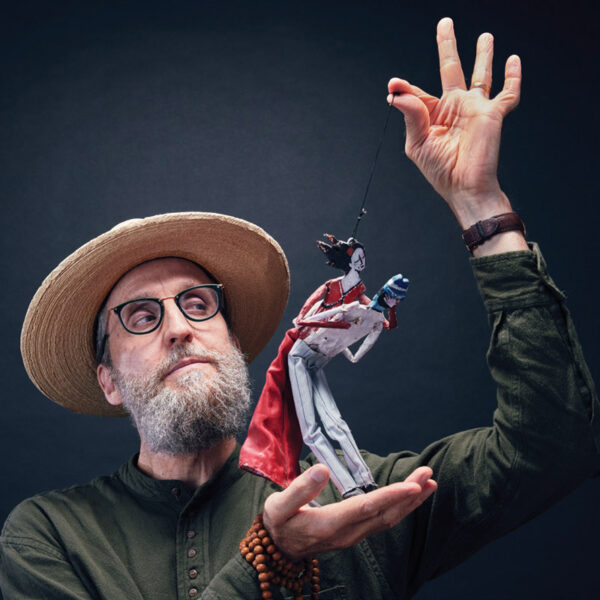
Puppet productions from around the world, including Kenya, Indonesia, Mexico, Chile, and Norway, as well as the United States and Chicago will come together next month for the 6th Chicago International Puppet Theater Festival.
The festival will feature dozens of events and productions throughout Chicago from January 18 to 28.
Blair Thomas, Founder and Artistic Director of the festival and its chief curator, says his goal each year is to showcase a diverse selection of the best and most creative puppetry from the country and throughout the world. It’s not the biggest puppetry festival in the world, but certainly one of the most culturally varied.
“I approach the curation as an attempt to show the dynamic and exciting work in the world that I’m finding out there being done by puppeteers. The festival is one where I’m hoping there’s going to be a diversity of styles and a diversity of people who are on the stages,” Thomas says. “I’m looking at the audience being able to have a window into what’s going on with puppetry today.”
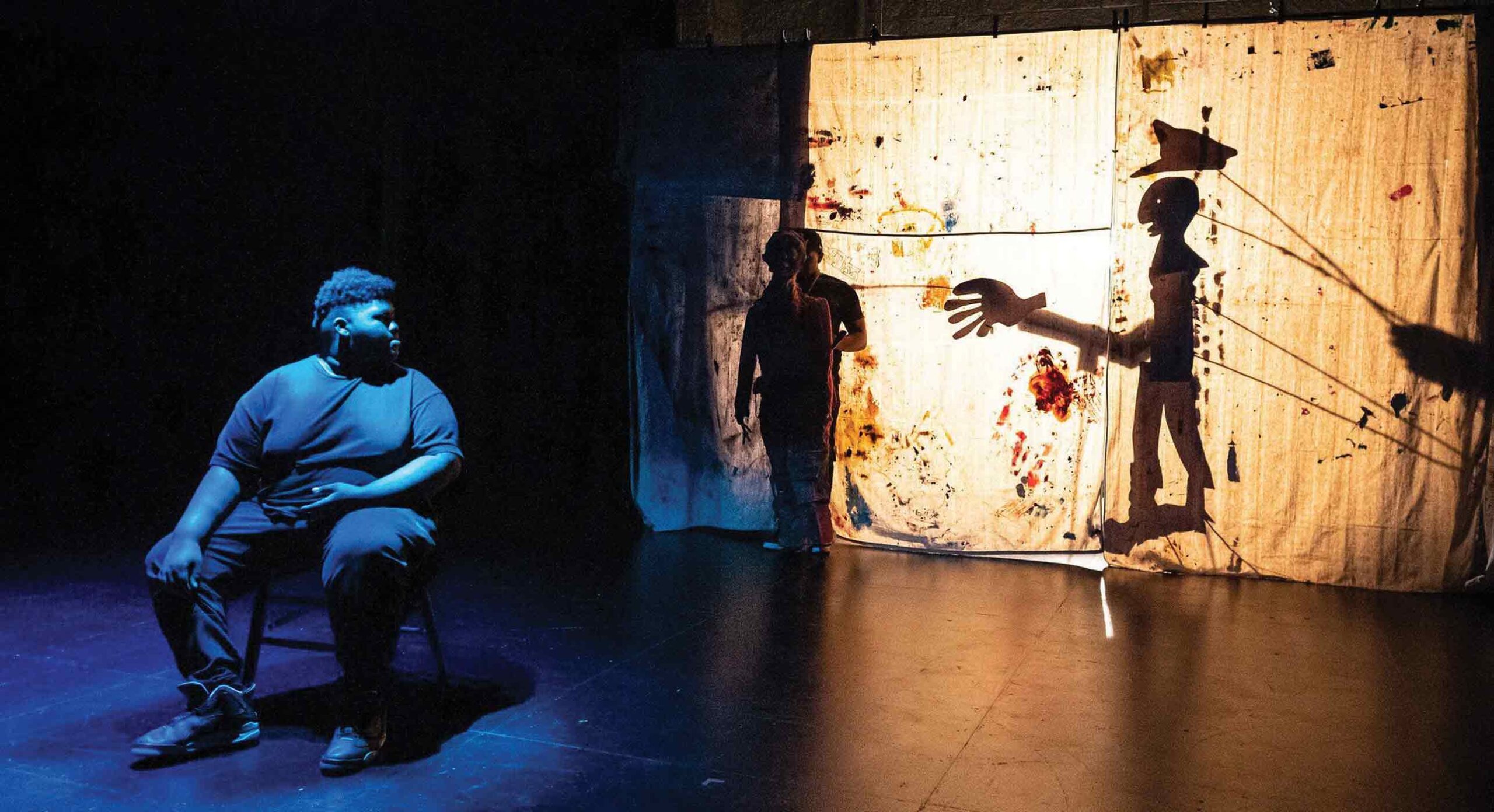
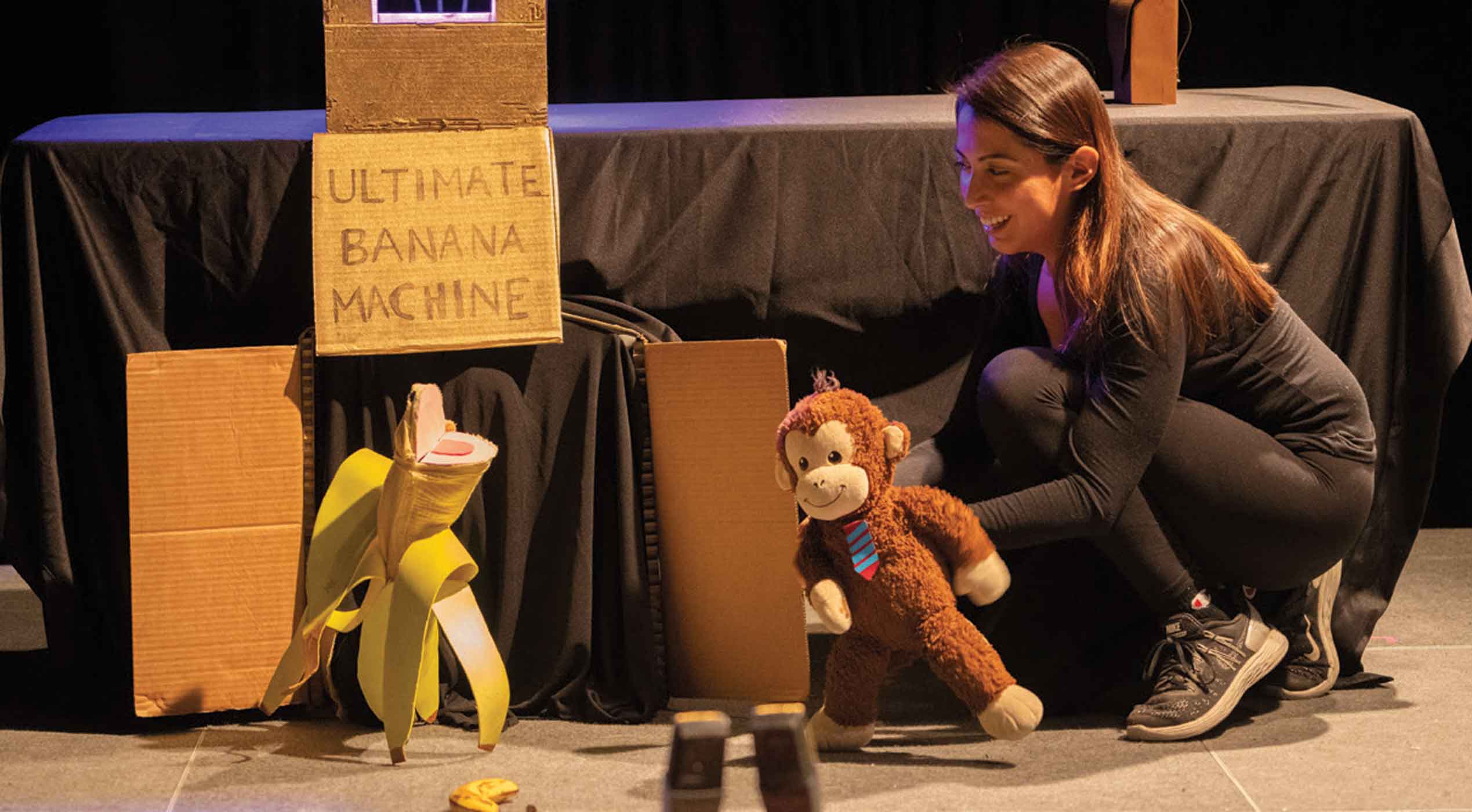
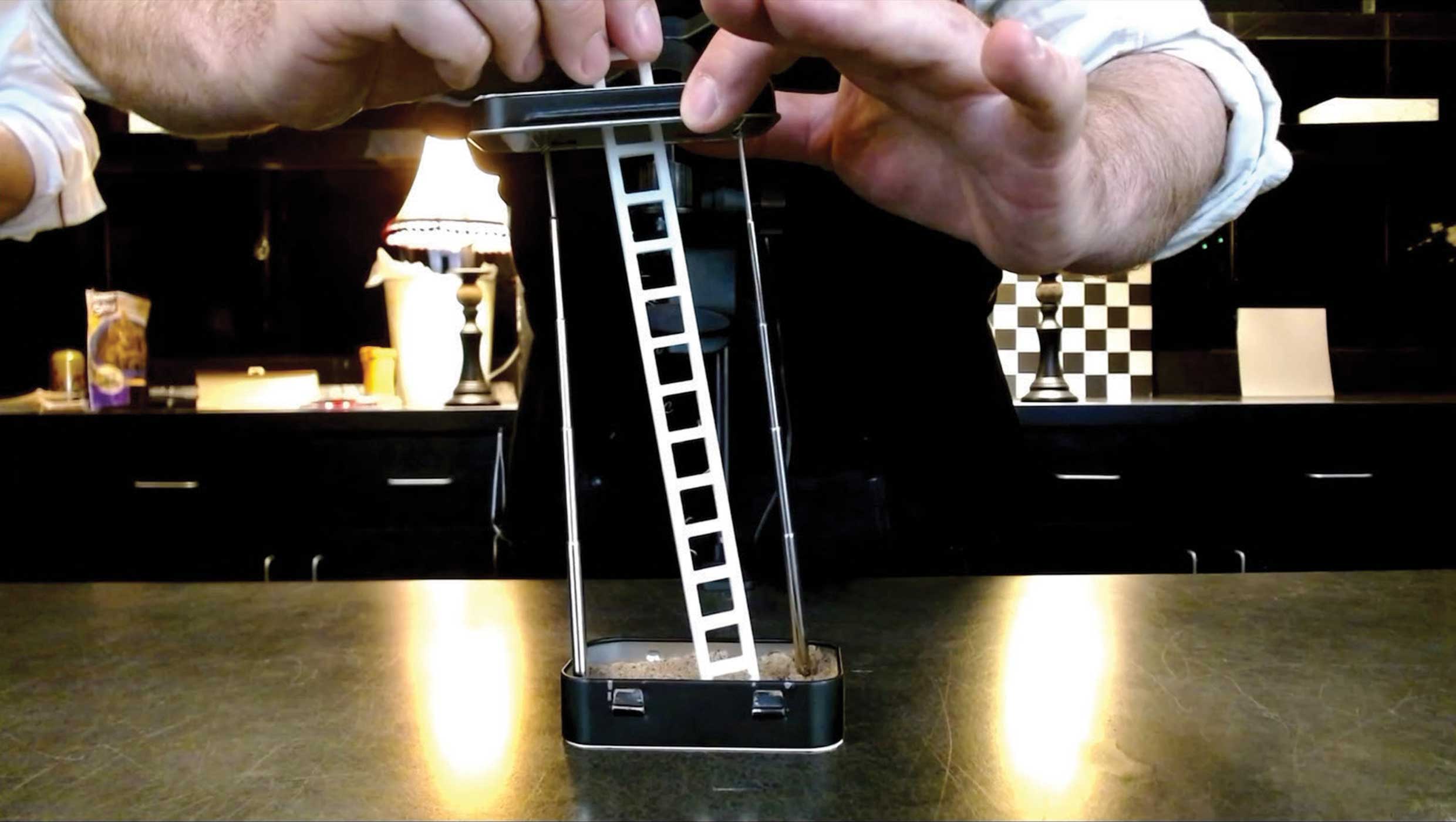
Another focus of the festival, Thomas says, is to make it an opportunity for artists who dedicate their lives to puppetry to learn from each other and examine the broad range of creative possibilities that puppetry can bring to telling stories.
“I’m equally interested in making the festival a dynamic experience for the artists, the ones who have worked on it for years and are really serious about finding out what puppetry can do that no other art forms are capable of doing,” says Thomas. “They’re really creating the distinction that exists between puppetry and other artistic forms.”
Thomas mentions Wakka Wakka, an award-winning visual theater company that splits its time between New York and Norway and has been working on a trilogy for more than eight years. The third installment of the Animalia Trilogy, “Dead As a Dodo,” will make its debut and open the festival at the Biograph’s Začek McVay Theater on January The first two parts of the trilogy will also be performed as part of the festival’s program.
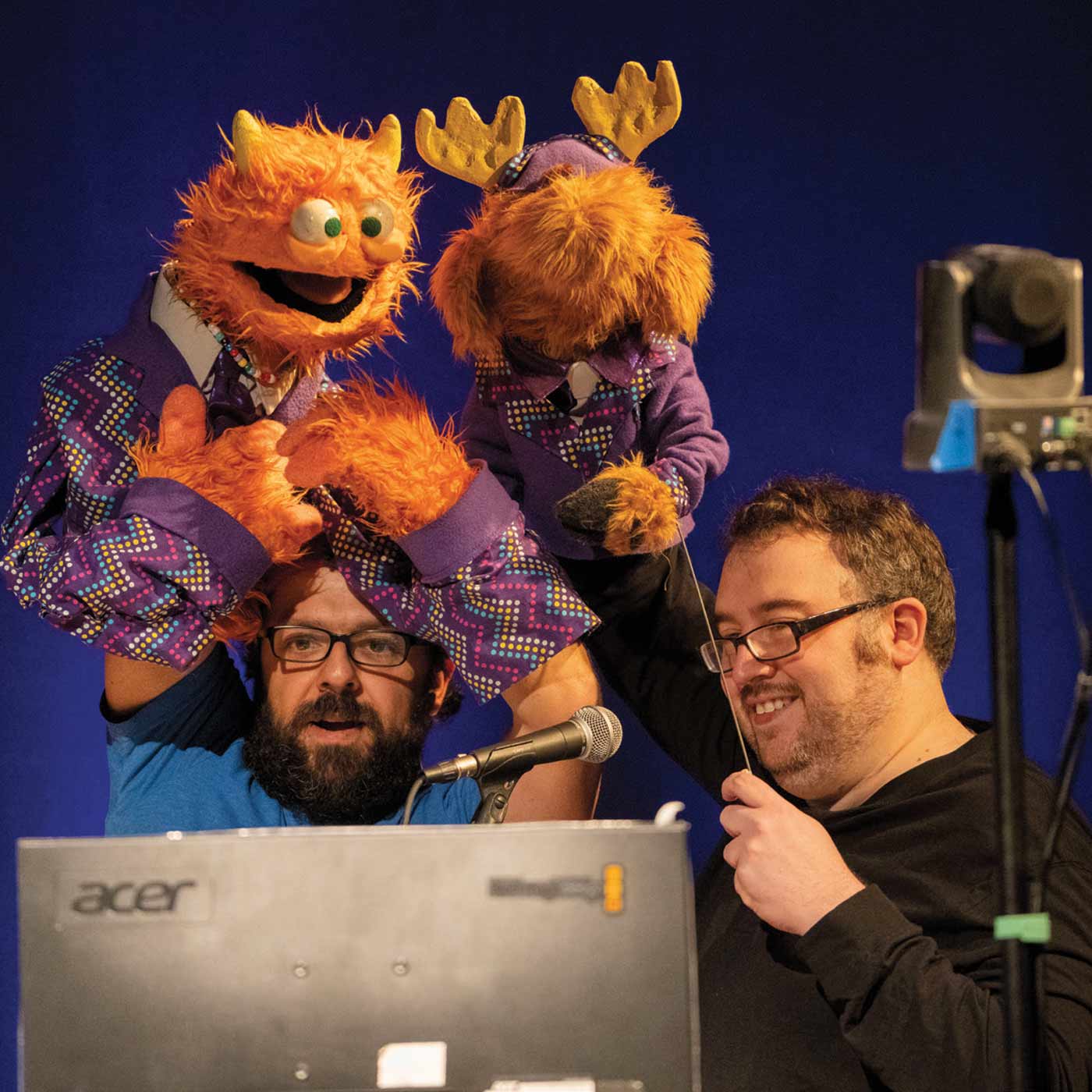
“Wakka Wakka has been very successful with their work in New York and Norway and in Europe. They are very highly regarded, but they’ve never had the opportunity to perform all three shows,” Thomas says. “That’s special and unique in the world of puppetry, but also for Chicago. I’m very excited for that.”
Also exciting, Thomas says, is the work of Hamid Rahmanian, an Iranian American visual artist who tells an epic Persian tale through the art of shadow puppetry. Thomas says it’s similar to a live cinematic experience using film projection. Rahmanian’s Song of the North will run at the Studebaker Theatre on January 19 and 20.
“It’s really extraordinary, and great exposure to a culture that is not prevalent in North America. Hamid lives in New York but he’s bringing this very rich Persian culture and activating it on stage,” Thomas says.
Michael Montenegro, an Evanston-based artist, will present “Little Carl,” a collaboration with North Lawndale native and poet Marvin Tate of Theatre Y, and Firehouse Community Arts Center on Chicago’s West Side. Firehouse is dedicated to preventing violence among youth in Chicago, and “Little Carl” focuses on gun violence and its impact on children. The production will have a three-day run starting on January 26 at the Biograph’s Richard Christianson Theatre.
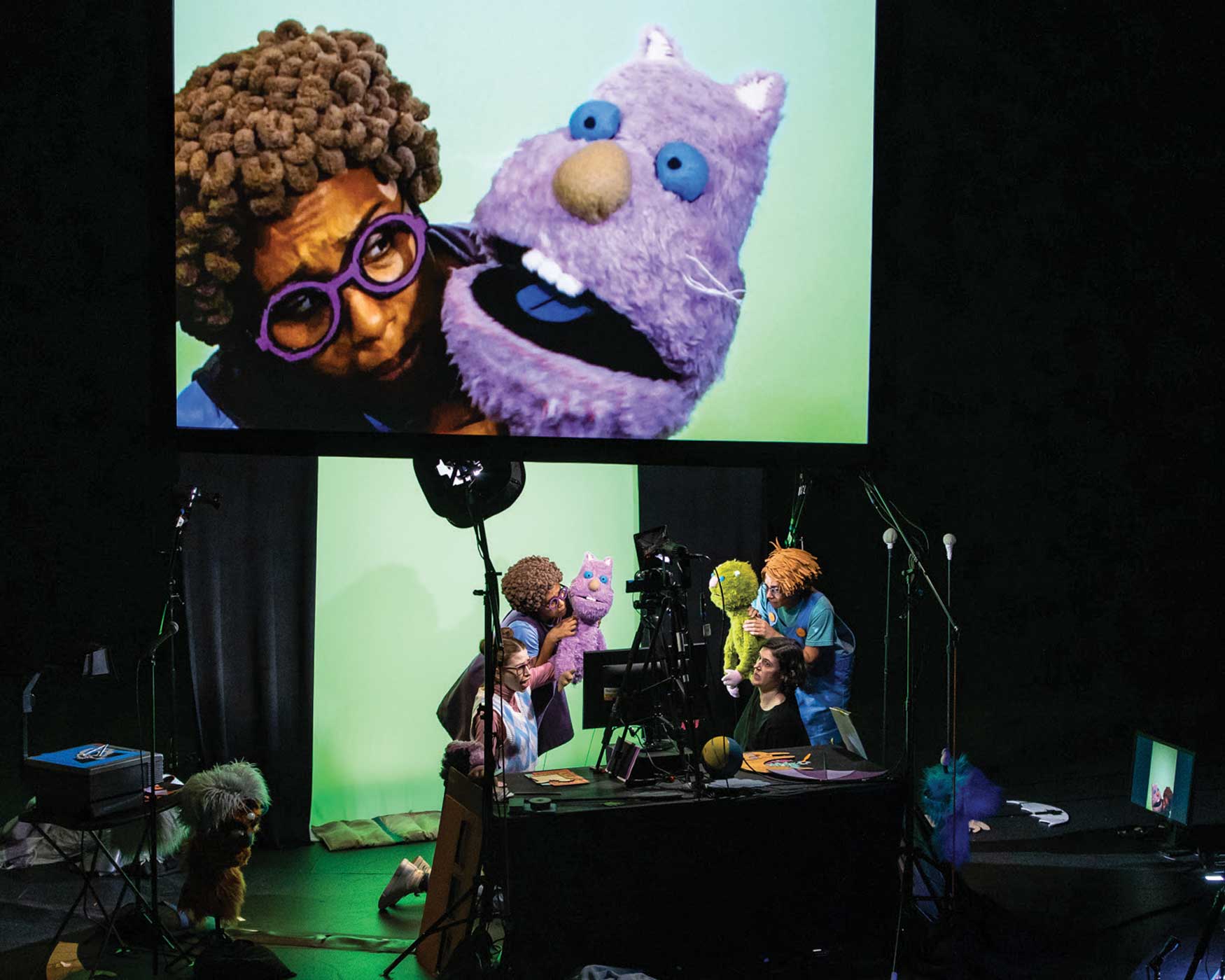
“Because the issue is so volatile and painful, puppetry is almost the ideal way to handle it, through metaphor as opposed to literal,” Montenegro says. “Hollywood would take a piece of writing I did and graphically expose the audience to visions of what gun violence means.”
Puppet theater is just the opposite, says Montenegro. In Japanese theater, for instance, when a character is stabbed a red ribbon is pulled from the chest, which represents blood.
“The strange trick of human psychology is metaphor can tap into things that are far deeper than the literal,” he says. “Puppet Theater seemed to be the ideal way to deal with gun violence and that’s the way it unfolded.”
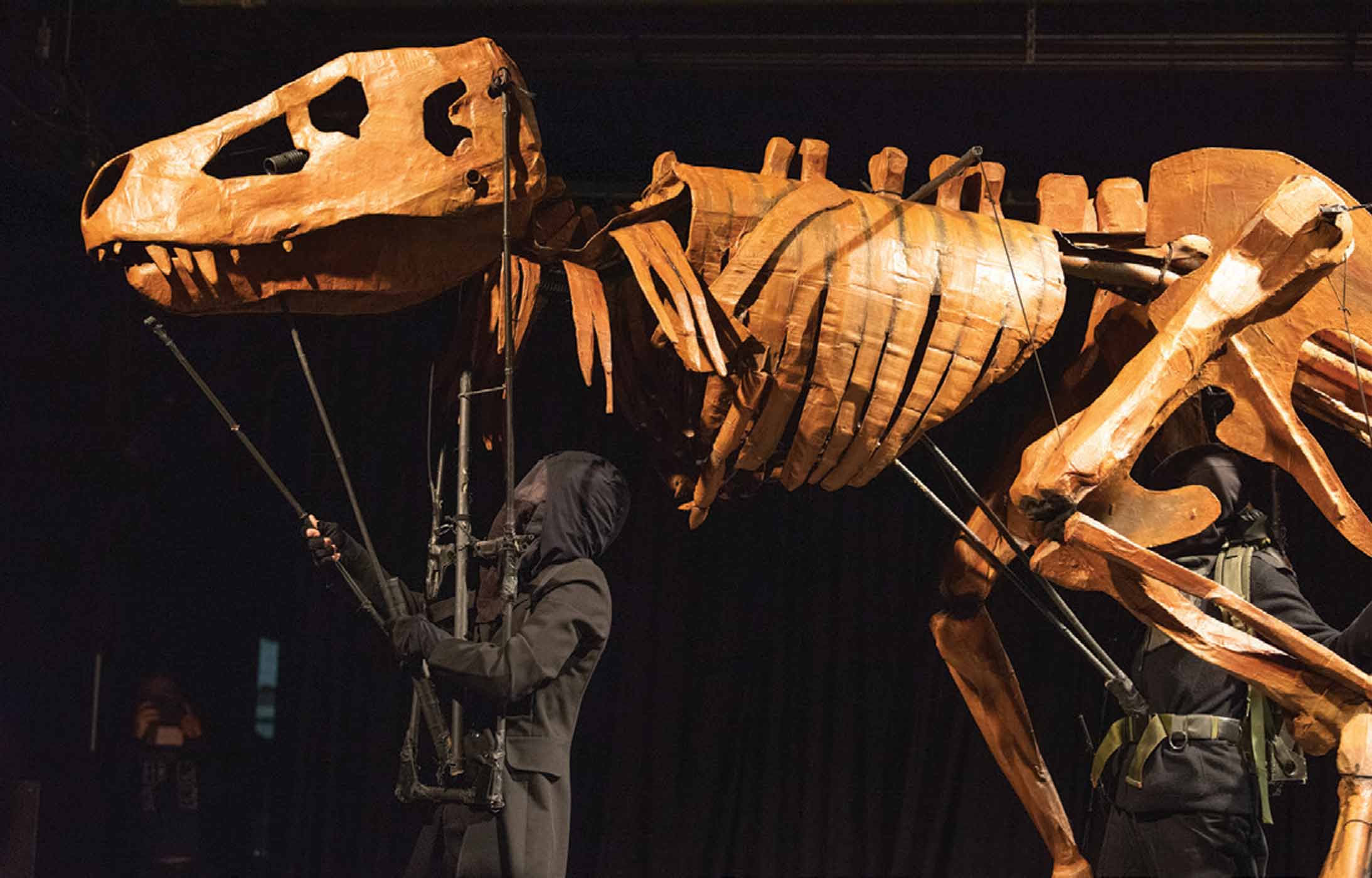
The idea came to Montenegro and Tate when they were co-teaching a class at Theatre Y with Tate, and they asked the students what issue they cared the most about. Gun violence emerged as issue number one, and Montenegro started working on a script.
“I sent the script, a play about a boy who is entrapped in gun violence, to Theatre Y’s Artistic Director and she suggested we do it with a group of young people. I was reluctant because of the risk of re-traumatizing them,” says Montenegro. “But we came away with the conclusion that it may actually be the opposite, that it may be healing, in a sensitive way, to embrace and explore it.”
For more information about the Chicago International Puppet Theater Festival, visit chicagopuppetfest.org.
Sign Up for the JWC Media Email